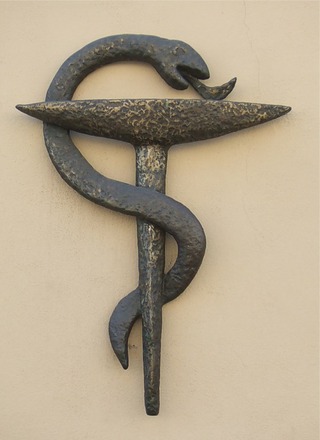

"As regular readers are aware, we oppose primarily software patents, though we are growingly concerned about patents on life, too."There is another interesting case right now, notably the one revolving around Amgen with biosimilar cases (patents). MIP wrote many articles on the subject lately [1, 2, 3], as did IP Kat [1, 2]. With new extraordinary statements like "Biosimilars Market worth 10.90 Billion USD by 2021" and a lot of lobbying from patent law firms paid by pharmaceutical giants, we couldn't help but comment on the subject.
As regular readers are aware, we oppose primarily software patents, though we are growingly concerned about patents on life, too. There are also patents which limit access to life-saving medicine -- a subject often covered in our daily links under "Health/Nutrition" (IP Watch wrote about that quite a lot over the years). The EPO is implicated in such issues too, as we last noted three weeks ago.
This one particular new article about it says that the "Hong Kong government does not have an exclusive obligation towards patent holders, let alone to lower for their sake the patentability standards. They also have an obligation towards the citizens of Hong Kong. In safeguarding access to affordable medicines it should take into account innovative options to raise the patentability standards for medical use patents. Hong Kong’s Short-Term patent seems better equipped to protect these kinds of marginal and incremental improvements than the Original Grant Patent or Standard Patent."
"We certainly hope our readers can recognise that human rights and human lives are more important than so-called "patent rights" (typically privilege of the rich)."The person who wrote it, as the tone serves to show, works for a law firm and blogs at IP Dragon. Contrast this with this other new article IP Watch -- one that lays out the UN's views on access to medicine. "An event held at the World Trade Organization," it wrote, and "walked through key recommendations of the United Nations Secretary-General’s High-Level Panel on Access to Medicines, including strategies for moving some of them forward."
We certainly hope our readers can recognise that human rights and human lives are more important than so-called "patent rights" (typically privilege of the rich). ⬆